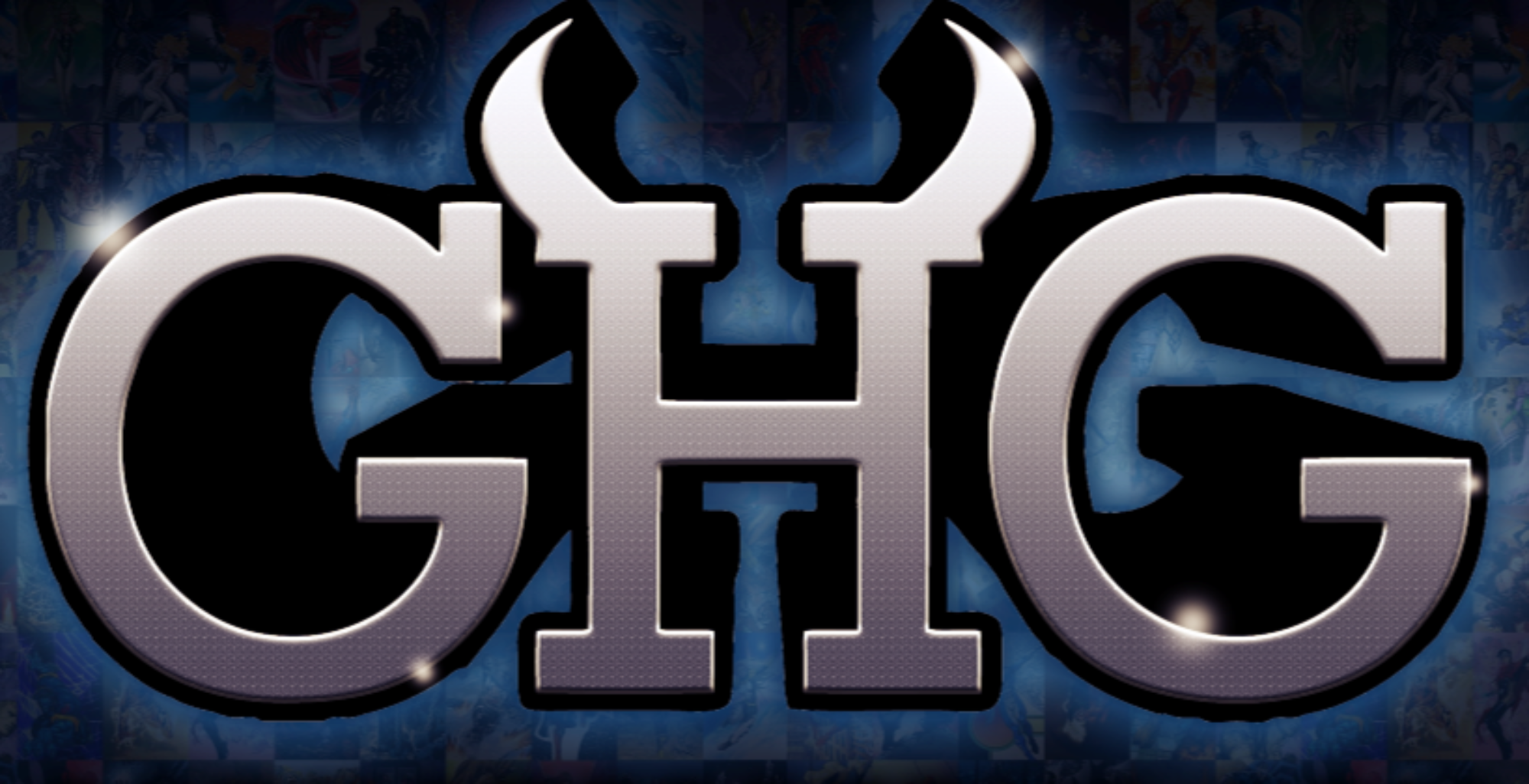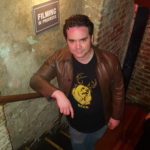
In lieu of a physical space, yesterday saw the hosting of original Mystery Science Theater alums J. Elvis Weinstein (Dr. Earlhardt; the original Tom Servo), original host and series creator Joel Hodgson, and Bill Corbett (Crow T. Robot), and was moderated by Erik Adams, of the A.V. Club.
With little need for introduction, the trip were able to jump right into the nitty-gritty of MST3K history; whereas Joel and J. Elvis were Zooming in from the Philly area, and Los Angeles, respectively, Bill was calling in from just outside Minneapolis, not far from the KTMA studios, wherein the first few seasons of the original MST3K was shot. The studio itself has since been converted to a combination gym/medic supply store, but all three reminisced fondly of the scene back when they were starting out: Weinstein had been performing stand-up since he was 15 years old before getting involved with KTMA, as Joel had also worked as a local stand-up comic at the Ha-Ha Club at the same time. Once the series took off, the two collaborated together to bring the show to a wider audience outside the Twin Cities.

Corbett, for his part, had actually met the cast and crew of MST3K some time before officially joining their ranks. Having moved to Minneapolis from new York in 1990, he had found himself at the Best Brains studio (where the series was housed) for a party through mutual friends in comedy. At the time, he was teaching screen- and playwriting at the Playwright Center, and had actually gotten to teach some members of the cast and crew (including Michael J. Nelson, and Mary Jo Pehl) who would join Corbett on camera in the later seasons.
The local comedy scene in the Twin Cities solidified the bond between the actors and writers, particularly when it came time for Hodgson to create the characters of Dr. Earlhardt and Dr. Forrester; Forrester was evolved from a character named Dr. Quavius, who was an improvised alter ego of Trace Beaulieu that would show up in the local comedy circuits; whereas Weinstein had grown out of stand-up, Beaulieu had grown out of the improv scene, and the energy between the two, and the dichotomies of both styles, is what attracted Hodgson to both actors when casting the show.
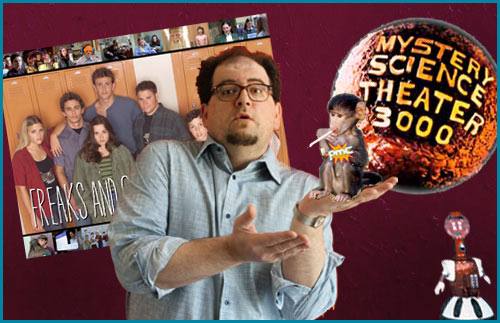
The melding of comedy sensibilities is what allowed for the writers to make such disparate references in their riffs of the movies showcased, and sometimes the writers needed a deep sense of trust in the material given, even if the jokes referenced something with which they were not familiar.
Corbett cites the example of referencing Tolkien jokes, with which he had no knowledge, but trusted other writers to use correctly; Weinstein, for his part, was too young to catch the references of, say, the Firesign Theater, which was often a source of jokes in the early seasons. Hodgson was less familiar with improvised comedy or acting, and as such left the more spontaneous moments to play off of more experienced performers.
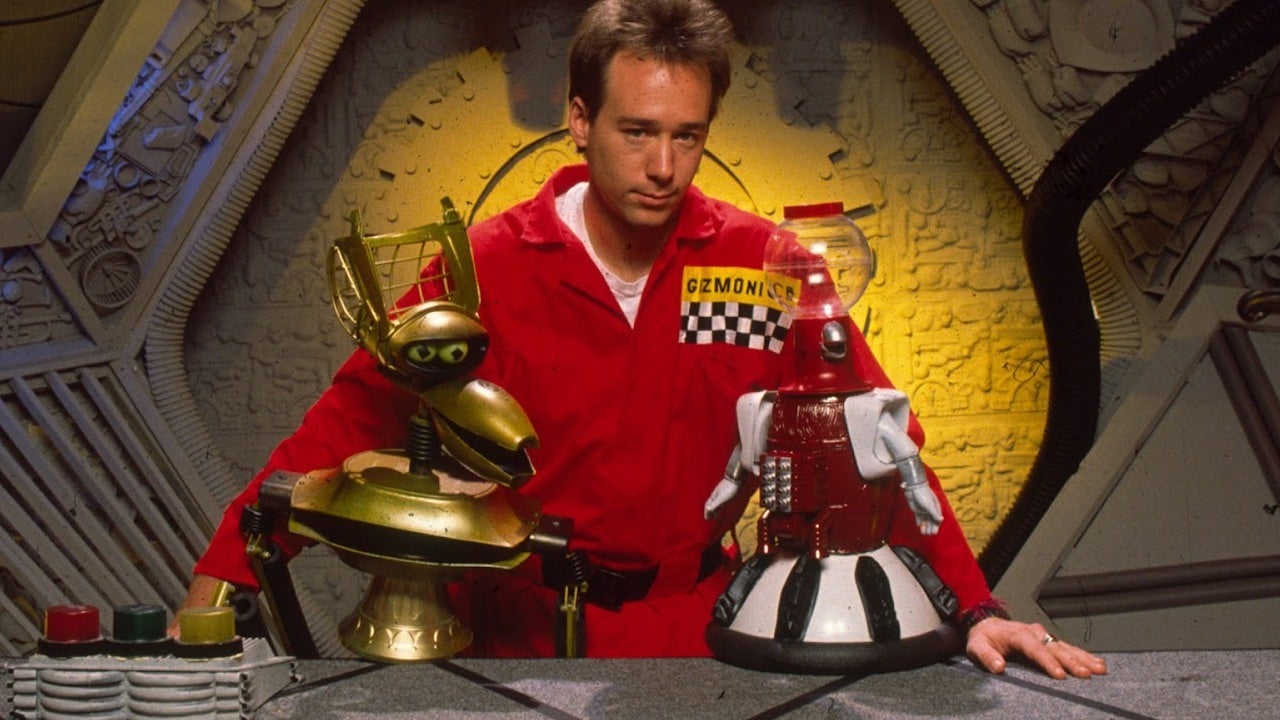
However the discussion between all three about finding the comedy in the movies themselves was interesting: sometimes all they had to do was watch a movie and let it play out in real time, seriously, in order for the absurdity to reveal itself.
The misplaced sincerity of movie actors not being aware of the type of film they are in (Hodgson described it as “Margaret DuMont playing it straight in a Marx Brothers movie”) was often the easiest to satirize; the unearned pomposity of some performances was too obvious to ignore without, as Corbett put it, “punching up” at the performers. The schlock was funniest when a DuMont, or a Leslie Neilsen, was present as a straight face in the center of inanity.
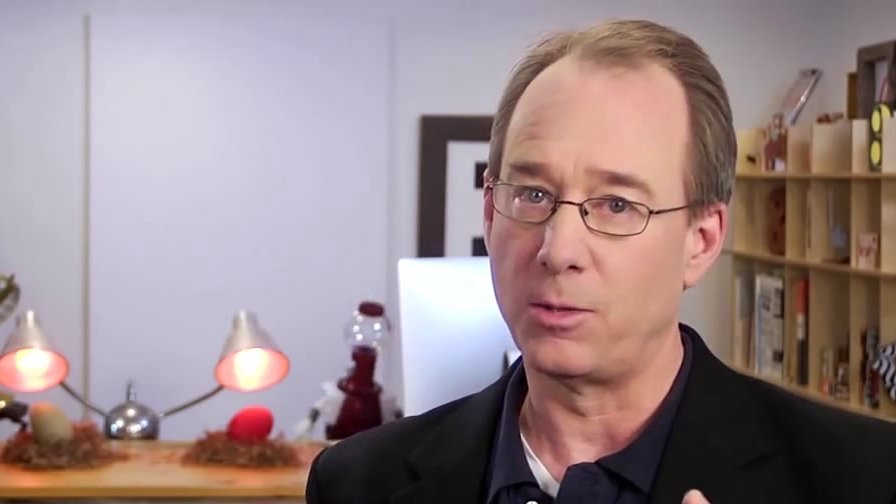
The heyday of the series, at least as far as Weinstein and Hodgson were concerned, were the early years at KTMA: there were less boundaries and rules about how to run the show, as well as what was “off limits” in terms of content. There was also the added knowledge that the cast and crew were creating an entirely new type of comedy show, and figuring out how to make it function within its own boundaries.
It wasn’t until Hodgson had to put together a “sell tape” for Comedy Central — then known simply as “the Comedy Channel” — that he had even realized that the riffs were to extend throughout the entire runtime of the presented film (which helps explain the early seasons’ more quiet, “slow” parts: they didn’t quite think the audience was watching for the jokes first and foremost, as opposed to the featured film).
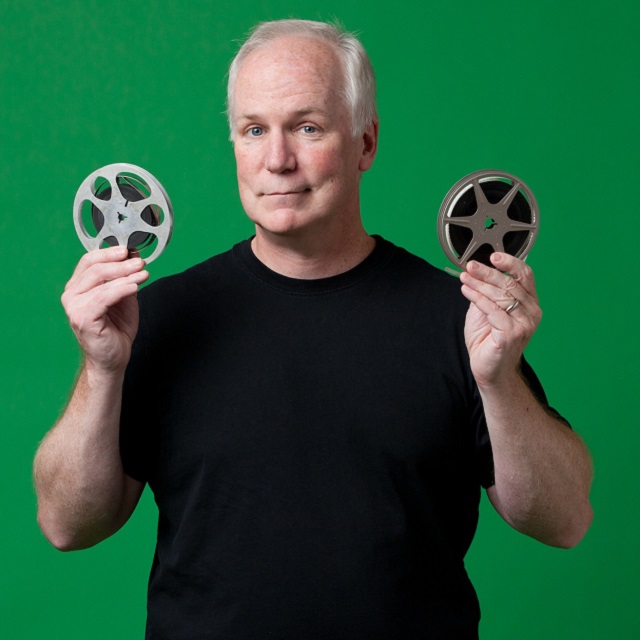
A discussion about pacing, timing, and individual techniques to not only comedy, but to writing and performance proved insightful: jokes weren’t written with individual performers in mind, but were assigned based on who best fit the context (and example given was, Well, Mike does the best Nick Nolte impression”), and how setting the pace for riffs differs from live shows to television.
Corbett had the more interesting tidbit: the Rifftrax Live events are broadcast live via Fathom Events, and while the local audience in the theater might respond well to a joke, an audience in a different theater might not have the same reaction; while some jokes might get tossed aside if they’re too close behind a joke that killed, the Rifftrax crew would instead try to keep to the script for the sake of audiences elsewhere.
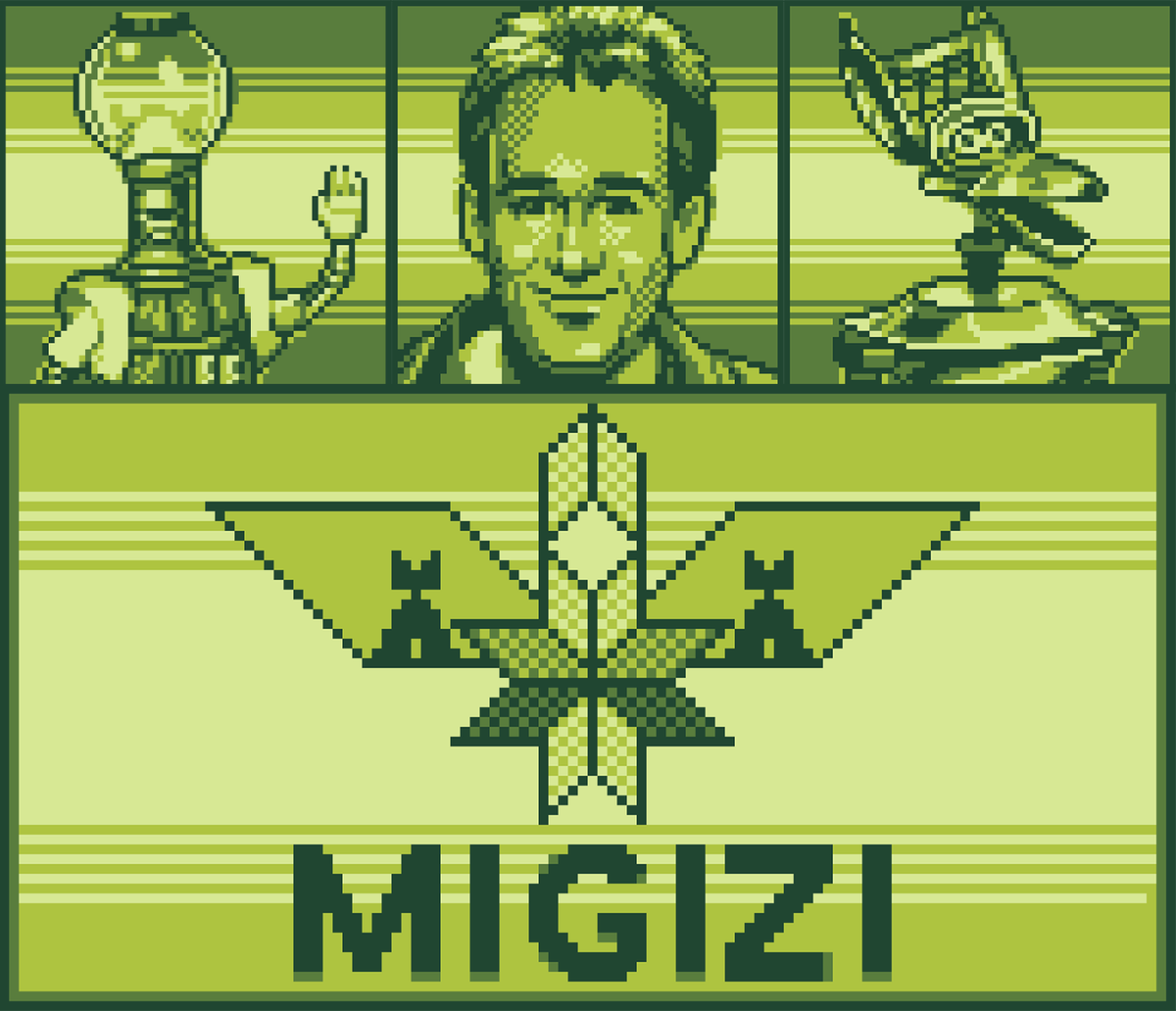
The panel — which had been pre-recorded some three weeks ago — closed out with Hodgson introducing a fundraiser for MIGIZI, a Minnesota-based Native American youth organization that was burned down during the George Floyd riots some many weeks ago. The fundraiser’s goal, on top of helping rebuild the organization, is to bring together a mini-reunion of Hodgson, Weinstein, and Corbett to record a series of riffs, in-character, as an extension of the MST3K brand.
The trip down memory lane was a refreshing, and lighthearted reprieve, and the fundraiser is a great way to give back to the community that brought them all such success. 4.25/5 Bibles.
Find out more about, and dante to, the MIGIZI fundraiser here.
